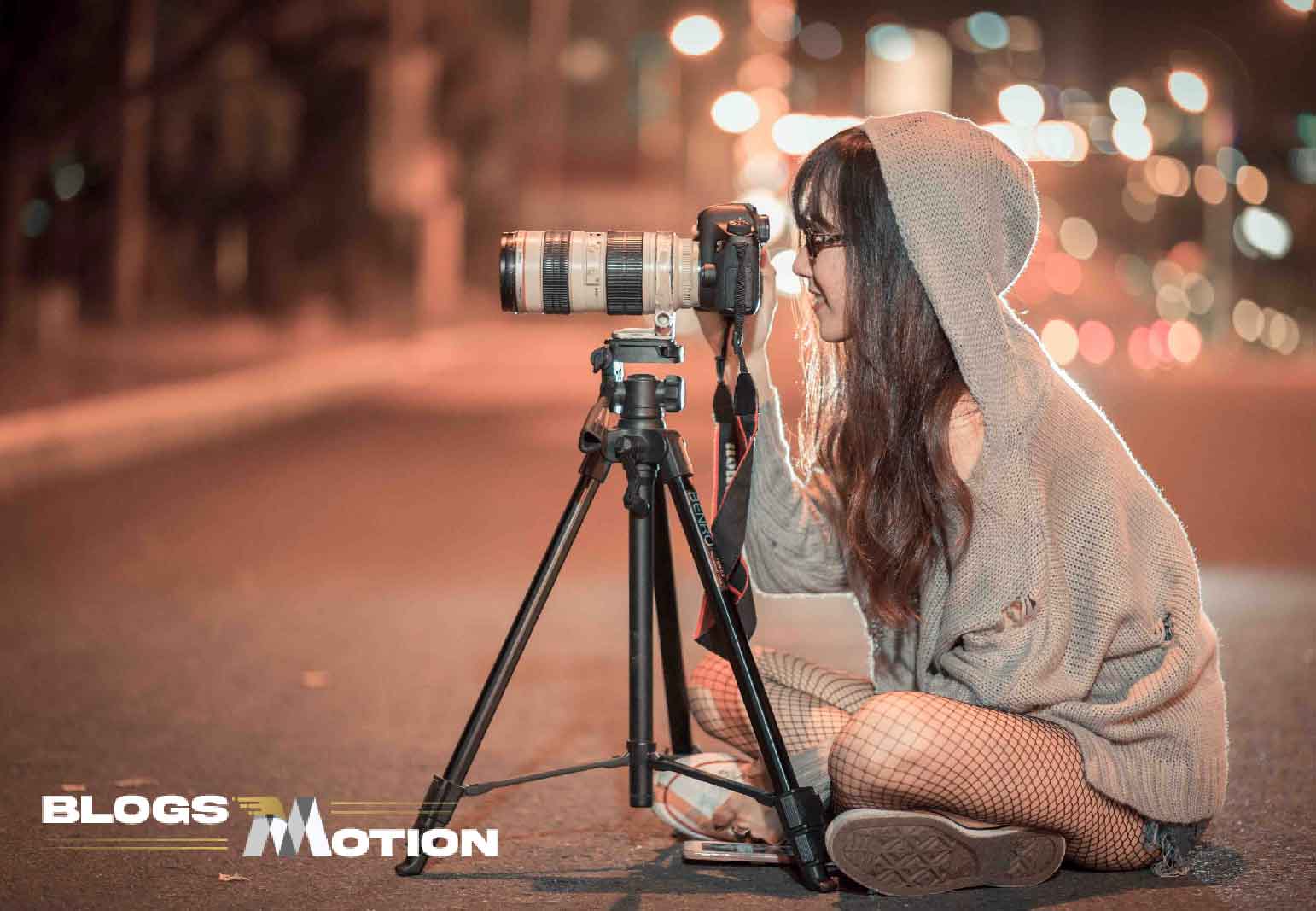
Introduction
In the age of smartphones and instant sharing, digital photography has become an integral part of our daily lives. Whether you're capturing picturesque landscapes, candid moments with loved ones, or artistic compositions, mastering the art of digital photography can greatly enhance your skills and bring your creative vision to life. This article aims to provide beginners with essential tips and techniques to embark on their journey to becoming skilled digital photographers.
Before delving into the technical aspects of digital photography, it's crucial to understand the basic functions of your camera. Whether you're using a DSLR, mirrorless, or a high-end smartphone, familiarize yourself with settings like ISO, aperture, shutter speed, and white balance. Learn how each setting impacts your photos and experiment with them in different lighting conditions.
A well-composed photograph is more likely to grab the viewer's attention. Practice the rule of thirds, where you divide the frame into a grid and place your subject along the intersections or lines. Experiment with framing, leading lines, symmetry, and perspective to add depth and visual interest to your shots.
Lighting can make or break a photograph. Natural light is often the most flattering, creating soft and vibrant images. Avoid shooting during harsh midday sunlight, and instead opt for the "golden hours" shortly after sunrise and before sunset. Overcast days provide even lighting that's ideal for portrait photography.
Understanding focus and depth of field allows you to control what's sharp and what's blurry in your photos. Experiment with shallow depth of field to isolate subjects from their background, creating a pleasing bokeh effect. Use the autofocus feature to ensure your subject is crisp and clear, but don't hesitate to switch to manual focus for more control.
Exposure is the balance between aperture, shutter speed, and ISO. A proper exposure ensures your photos are neither too dark nor too bright. Practice using your camera's exposure modes, such as manual, aperture priority, and shutter priority, to gain a deeper understanding of how these settings work together.
Sometimes, less is more. Embrace minimalism by focusing on a single subject or element in your frame. A clutter-free composition draws the viewer's attention directly to the main subject, creating a powerful visual impact.
Editing is an essential part of digital photography. Use software like Adobe Lightroom or Photoshop to enhance your images. Adjust exposure, contrast, color balance, and sharpness to refine your photos while maintaining a natural look. Remember, the goal is to enhance, not over-process.
Photography is an art that requires patience and practice. Don't be discouraged by initial failures or unsatisfactory results. Keep shooting, experimenting, and learning from your mistakes. Over time, your skills will improve, and your unique style will emerge.
One of the best ways to develop your photography skills is by studying the work of renowned photographers. Analyze their compositions, lighting techniques, and post-processing choices. Join photography forums or social media groups to share your work, receive feedback, and learn from fellow enthusiasts.
As you gain more experience, you'll begin to develop your own photography style. It could be characterized by a specific subject, color palette, or even a mood that runs through your work. Don't be afraid to experiment with different genres and techniques to find what resonates with you.
Conclusion
Mastering the art of digital photography is a journey that combines technical knowledge, creativity, and dedication. As a beginner, it's essential to understand your camera's functions, experiment with composition and lighting, and practice various techniques. By investing time in learning, refining your skills, and embracing your unique style, you'll be well on your way to capturing captivating images that tell stories and evoke emotions. So grab your camera, explore the world around you, and let your creativity flow through the lens. Your photographic journey has just begun.
© Blogs Motion | All Rights Reserved.
Flat 15% OFF ALL Orders Sitewide
Copy and paste this code
couponcode
